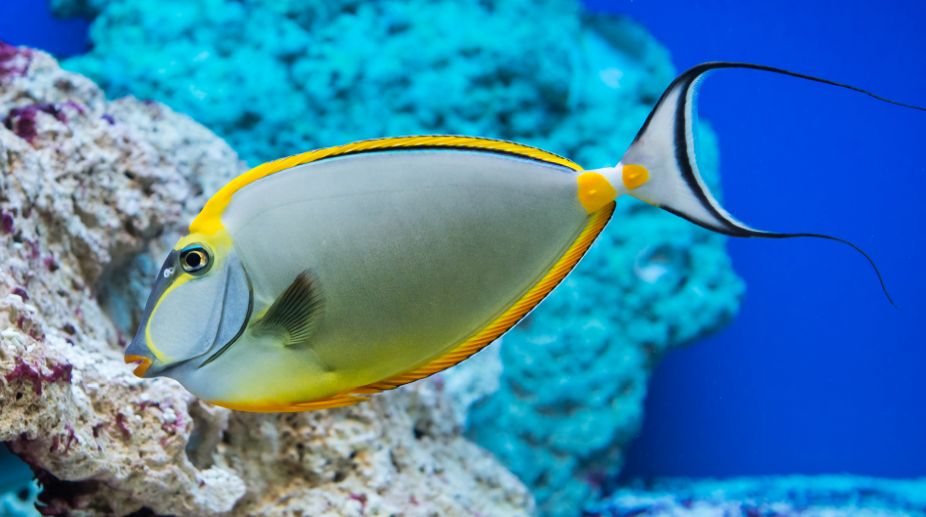Key agent held by police exposes donkey routes to US
A 20-year-old tenth-pass passenger was deported from the USA for allegedly entering through an illegal route.

(Photo: Getty)
Scientists have found highly acidified water along the US West Coast which may cause severe harm to the aquatic life in the area.
"Highly acidified ocean water is potentially dangerous because many organisms are very sensitive to changes in pH," said Francis Chan, marine ecologist at Oregon State University in the US.
Advertisement
Negative impacts already are occurring in the California Current System, where planktonic pteropods or small swimming snails were documented with severe shell dissolution, researchers said.
Advertisement
"This is about more than the loss of small snails," said Richard Feely, senior scientist at the US National Oceanic and Atmospheric Administration (NOAA) Pacific Marine Environmental Laboratory.
"These pteropods are an important food source for herring, salmon and black cod, among other fish," said Feely.
Other species including oysters, mussels and many organisms that live in tidepools or other near-shore habitats may also be at risk.
Researchers conducted a three year survey of the California Current System. They developed a network of sensors to measure ocean acidification over a three-year period along more than 900 kilometres of the West Coast.
The team observed near-shore pH levels that fell well below the global mean pH of 8.1 for the surface ocean, and reached as low as 7.4 at the most acidified sites, which is among the lowest recorded values ever observed in surface waters.
Researchers found persistent, highly acidified water throughout this ecologically critical near shore habitat, with 'hot spots' of pH measurements as low as any oceanic surface waters in the world. The lower the pH level, the higher the acidity.
They also found 'refuges' of more moderate pH environments that could become havens for some marine organisms to escape more highly acidified waters, and which could be used as a resource for ecosystem management.
The study was published in the journal Nature Scientific Reports.
Advertisement